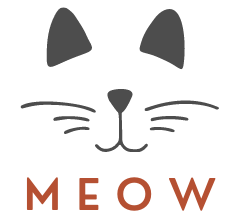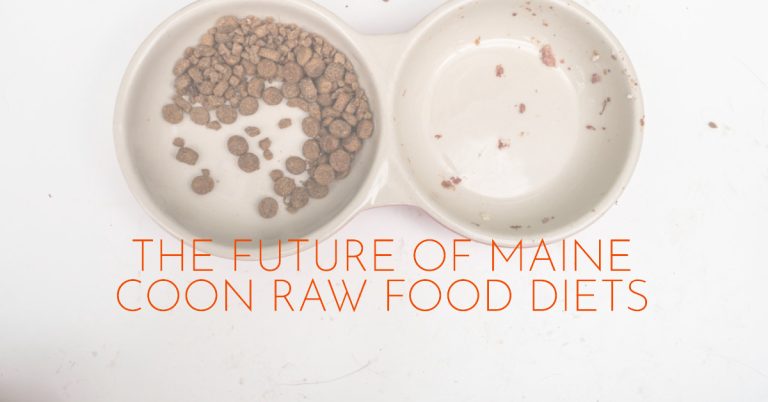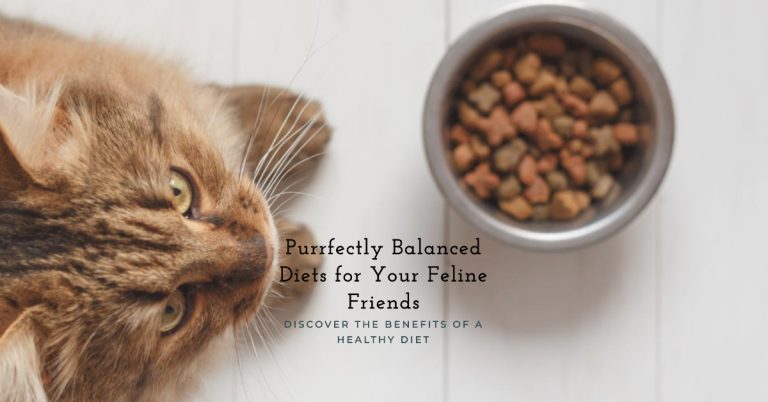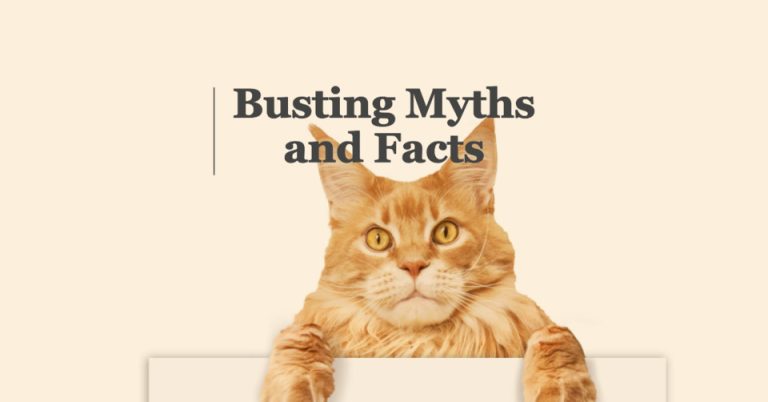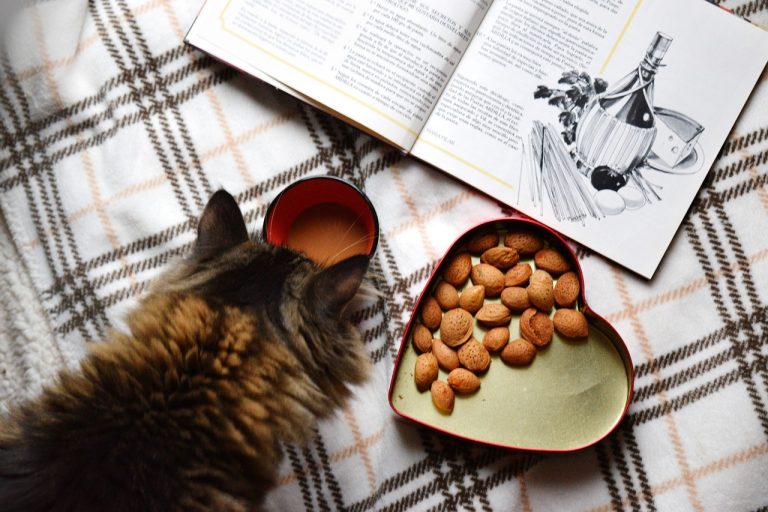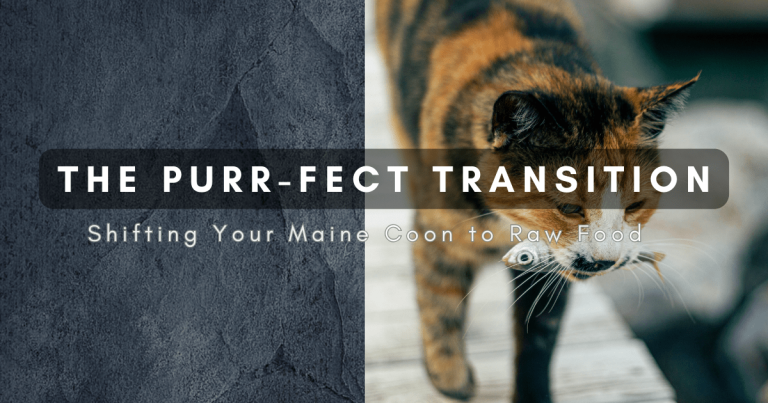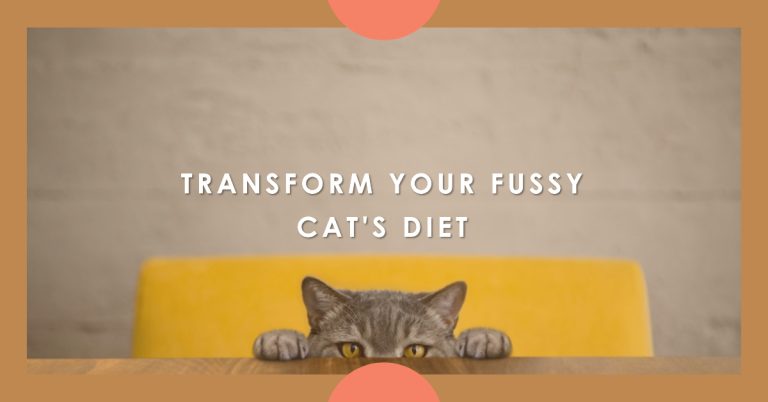7 Common Raw Food Diet Mistakes for Maine Coon Owners to Avoid
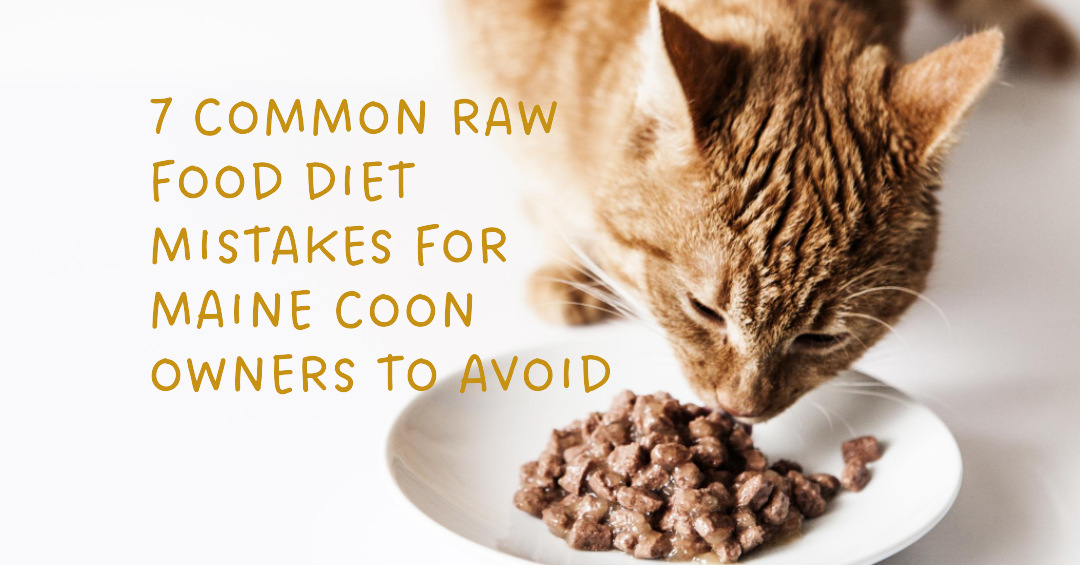
Maine Coon cats are known for their impressive size, friendly nature, and distinct personalities. As a Maine Coon owner, you want to provide the best care possible for your feline friend, and that includes their diet. Raw food diets have gained popularity among pet owners, but there are common mistakes that Maine Coon owners should avoid to ensure their cats thrive. In this comprehensive guide, we’ll explore these common mistakes and provide expert advice on how to keep your Maine Coon healthy and happy.
Read A Comprehensive Guide : Unlocking the Potential of Maine Coon Raw Diet
Introduction
Maine Coon cats are truly magnificent creatures. Their large size and friendly demeanor make them beloved pets for many. When it comes to their diet, some owners opt for a raw food diet, believing it to be the healthiest choice. While raw food diets can offer benefits, there are potential pitfalls that can harm your Maine Coon. In this article, we’ll delve into the common mistakes Maine Coon owners make when feeding them raw food and how to avoid them.
Common Raw Food Diet Mistakes for Maine Coon Owners to Avoid
Neglecting a Balanced Diet
One of the biggest mistakes Maine Coon owners make with raw food diets is neglecting the importance of balance. Cats, like humans, require a variety of nutrients to stay healthy. Simply providing raw meat is not enough. Your Maine Coon needs a balanced diet that includes proteins, fats, vitamins, and minerals. Consult with a veterinarian or a feline nutritionist to ensure you’re meeting your cat’s dietary needs.
Ignoring Food Safety
Raw food can carry harmful bacteria such as Salmonella and E. coli, which can pose health risks to both your cat and your family. Failing to handle and store raw food properly is a grave mistake. Always follow food safety guidelines, including washing your hands, cleaning food preparation surfaces, and refrigerating raw food promptly.
Not Consulting a Veterinarian
Transitioning your Maine Coon to a raw food diet should be done under the guidance of a veterinarian. Your vet can assess your cat’s overall health and provide recommendations on the best way to proceed. They can also monitor your cat’s progress and make adjustments as needed.
Lack of Variety
Feeding your Maine Coon the same type of raw food day in and day out can lead to nutritional deficiencies and a bored kitty. Cats thrive on variety, so it’s essential to rotate protein sources and offer a diverse selection of raw foods. This not only keeps them interested in their meals but also ensures they receive a wide range of nutrients.
Overlooking Supplements
Even with a carefully planned raw food diet, Maine Coons may still require supplements. Omega-3 fatty acids, for example, are vital for their skin and coat health. Consult your veterinarian to determine if supplements are necessary and which ones are suitable for your cat.
Inadequate Preparation
Preparing a raw food diet for your Maine Coon requires time and effort. It’s not as simple as tossing a piece of meat in their bowl. You must properly portion and balance their meals to meet their nutritional needs. Cutting corners in preparation can lead to an unbalanced diet.
Disregarding Hydration
Raw food diets may not provide the same level of hydration as canned or wet cat food. Ensure your Maine Coon has access to clean, fresh water at all times. Dehydration can lead to various health issues, so it’s crucial to monitor their water intake.
FAQs
Q: Can I feed my Maine Coon exclusively raw food?
A: While raw food can be a part of your cat’s diet, it’s not advisable to feed them exclusively raw food. A balanced diet should include a variety of nutrients from different sources, including commercial cat food.
Q: Are there specific meats that are better for Maine Coons?
A: Maine Coons can benefit from a variety of meats, including chicken, turkey, and beef. It’s essential to rotate these protein sources to provide a diverse range of nutrients.
Q: How do I transition my Maine Coon to a raw food diet?
A: Transitioning should be gradual. Start by mixing a small amount of raw food with their current food and gradually increase the ratio of raw food over several weeks.
Q: Do I need to cook the raw food for my cat?
A: No, raw food should be served raw. Cooking it can destroy essential nutrients.
Q: Can I make my cat’s raw food at home?
A: Yes, you can make your cat’s raw food at home, but it requires careful preparation and adherence to safety guidelines. Consult with a veterinarian or a feline nutritionist for guidance.
Q: How can I tell if my Maine Coon is thriving on a raw food diet?
A: Monitor your cat’s weight, energy level, coat condition, and overall health. Regular check-ups with your vet can also help assess their progress.
Conclusion
As a responsible Maine Coon owner, it’s essential to make informed decisions about their diet. While raw food can be a nutritious choice, avoiding common mistakes is crucial. Remember to maintain a balanced diet, follow food safety practices, consult with a veterinarian, provide variety, consider supplements, prepare meals adequately, and ensure your cat stays hydrated. By doing so, you’ll help your Maine Coon lead a long, healthy, and happy life.
